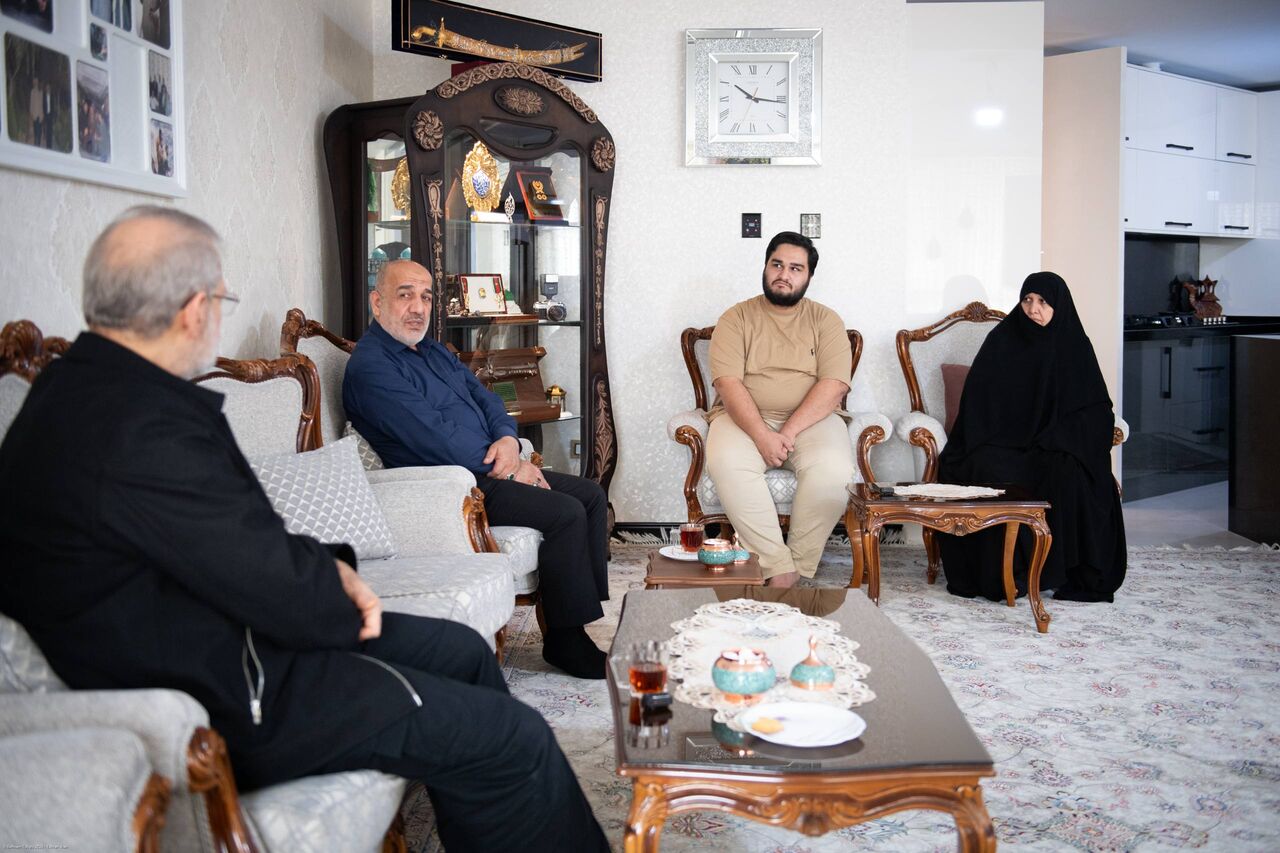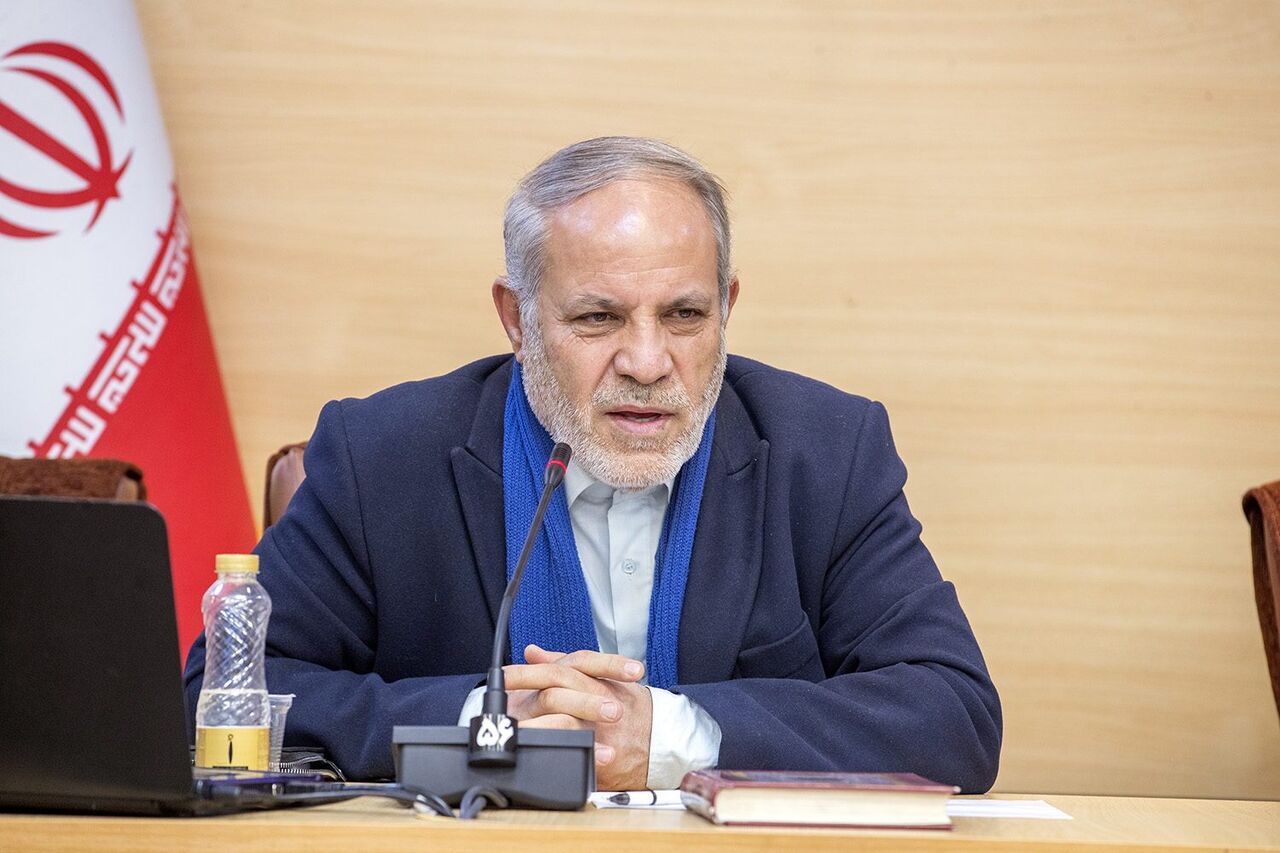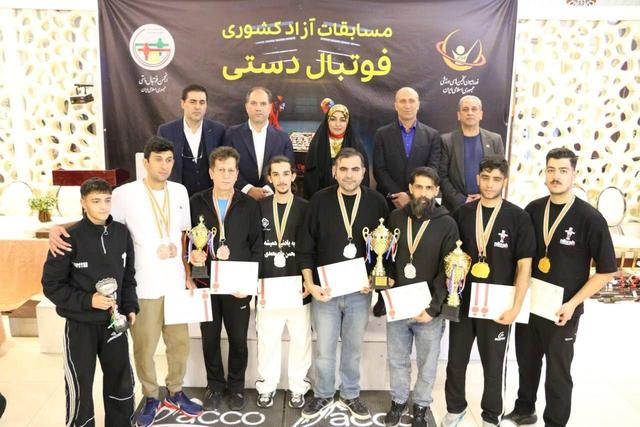‘Worryingly’ few civilians from Sudan's el-Fasher making it to Chad, says aid chief
‘Worryingly’ few civilians from Sudan's el-Fasher making it to Chad, says aid chief

The head of a top aid group has warned that only small numbers of civilians fleeing el-Fasher are arriving in eastern Chad, despite it being one of the closest land borders to the recently seized Sudanese city.
Charlotte Slente, secretary-general of the Danish Refugee Council (DRC), spoke to Middle East Eye shortly after visiting eastern Chad this week.
She visited the border town of Adre, as well as the nearby Aboutengue refugee camp.
Since the Rapid Support Forces (RSF) paramilitary group violently captured el-Fasher three weeks ago, around 50 people have entered Chad daily through Adre. Between 200 and 500 people in total have entered per day via all border crossings between Chad and Sudan.
The DRC team in Chad described the low numbers as “deeply worrying”, noting there should be much larger groups of arrivals given the border was less than 300km from el-Fasher.
Aid workers say around 90,000 of roughly 260,000 civilians have left el-Fasher.
The DRC said the low numbers reaching Chad were due to the difficulty in escaping the city, which was besieged for more than 500 days, as well as the dangers associated with the journey.
Slente met a traumatised young Sudanese couple and their two-year-old son who had managed to escape el-Fasher.
“They were in a state of total shock because they had their house bombarded and burned down,” she said.
“As they fled, the brother of the young man was killed at gunpoint by the forces there. And their young son, seven years of age, was also killed in front of their eyes.”
The family took a journey which lasted over a week - via foot, mule cart and car - to Adre. They encountered roughly 40 checkpoints on the way.
“En route they were looted. They came to Adre without anything; no money or phones,” said Slente. “They described atrocities and violence committed on the route.”
Slente said that other testimonies from refugees fleeing el-Fasher included experiences of beatings, threats at gunpoint and sexual violence committed against women, men and children.
The testimonies correspond with survivors who fled el-Fasher to the Sudanese towns of Tawila and al-Dabbah, who this week recounted harrowing scenes of sexual violence, beatings and killings while escaping.
The RSF carried out mass killings and abuses as it stormed the North Darfur state capital three weeks ago, some of which was documented by its own fighters and satellite imagery.
Multiple survivors told MEE that paramilitary fighters raped, murdered and assaulted civilians.
A critical exit route from the city was closed by the RSF in recent days, satellite images show.
A recent study has also corroborated reports that the RSF killed civilians trying to flee near a makeshift wall constructed around the city. Video footage reviewed by MEE also showed several dead bodies and people being killed near the wall.
Global efforts 'failed civilians'
Slente said the numbers arriving into Chad could increase in the coming days, as more people come to the end of the difficult journey.
Chad is the largest refugee host per capita in Africa. As of last month, there were 882,456 Sudanese refugees living in Chad. A further 329,894 Chadians living in Sudan returned to their country of origin due to the war.
“The refugee policies here are extremely welcoming. If you are Sudanese entering through a border point with Chad, you are automatically granted refugee status,” said Slente. “But resources are scarce.”
Following the seizure of el-Fasher, Chad’s government has made contingency plans for the potential arrival of a further 90,000 refugees in the coming months.
“The government is trying to allocate new plots of land to set up new refugee settlements on new refugee camps,” said Slente.
Chad is one of the poorest countries in the world, where communities hosting refugees are often themselves struggling to meet basic needs.
In the Aboutengue refugee camp, established in eastern Chad shortly after Sudan’s war began in April 2023, the DRC and other organisations work with refugees who have survived atrocities including sexual violence.
“We are working with many other actors on the ground on psychosocial support to try to deal with the trauma that people come with,” Slente said.
Since the war began, RSF fighters have been accused of widespread massacres and abuses, including a genocide in Darfur. The Sudanese Armed Forces (SAF) have also been accused of war crimes.
'The international community, to a large degree, is closing its eyes to what is happening'
- Charlotte Slente, Danish Refugee Council
The war erupted when long-simmering tensions between the SAF, led by General Abdel Fattah al-Burhan, and the RSF, commanded by Mohamed Hamdan Dagalo, known as Hemedti, spiralled into open conflict.
The violence was triggered by disagreements over plans to integrate the RSF into the regular army, but quickly descended into a country-wide war that has killed tens of thousands of people and displaced 13 million.
MEE has reported that the United Arab Emirates is supplying the RSF with weapons through a complex network of supply lines and alliances stretching across Libya, Chad, Uganda and Somalia. Despite mounting evidence, the UAE denies it supplies the RSF.
Marco Rubio, US secretary of state, said this week Washington knows which country is giving the paramilitaries money and weapons, “and we’re going to talk to them about it and make them understand that this is going to reflect poorly on them and poorly on the world if we can’t stop this”.
“I don’t want to get into calling anybody out at a press conference because what we want is a good outcome. This needs to stop,” he added.
Slente said the international community had failed civilians in Sudan.
“What we're seeing is the consequences of a failure of international efforts to make this conflict stop and a failure to secure the life of civilians,” she said.
“The international community, to a large degree, is closing its eyes to what is happening and allowing impunity to insert itself.”
She said that the nightmare unfolding in Sudan was “still unfolding as we speak”, with a high risk of more mass crimes like el-Fasher unless global action is taken.
“We can prevent other atrocities from happening if there is concerted diplomatic political pressure put on the parties to the conflict.”













